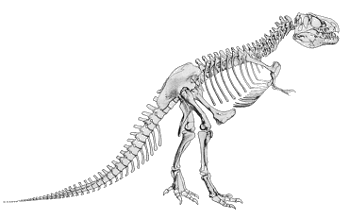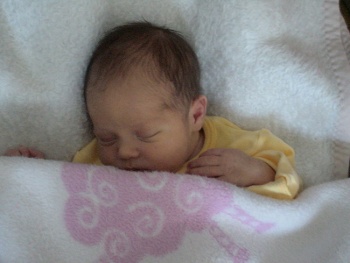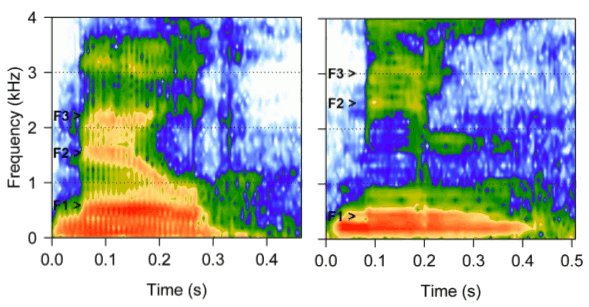
Broad Shoulders and Broad Name
July 3, 2013 Some of my readers will remember the comic strip character, Alley Oop, created in 1932 by American cartoonist, Vincent T. Hamlin. Oop was a caveman in a Flintstones-like suburbia of prehistoric times. Oop's romantic interest, Ooola, was drawn to resemble Hamlin's wife, Dorothy. Cartoon cavemen coexisted with dinosaurs, and Oop rode one of these like a horse. He carried a stone hammer, and he was dressed in a fur loin cloth. Before Dick Tracy got involved with the Moon Maid, Alley Oop was transported by a time machine to the present time to generate more interesting plotlines. | A 2010 poll showed that 30% of Texans believe that humans and dinosaurs coexisted.[1] (Skeleton of a Tyrannosaurus, modified 1915 image, via Wikimedia Commons.) |
| Rank | 1932 Male | 1932 Female | 2012 Male | 2012 Female | |
| 1 | Robert | Mary | Jacob | Sophia | |
| 2 | James | Betty | Mason | Emma | |
| 3 | John | Barbara | Ethan | Isabella | |
| 4 | William | Dorothy | Noah | Olivia | |
| 5 | Richard | Joan | William | Ava | |
| 6 | Charles | Patricia | Liam | Emily | |
| 7 | Donald | Margaret | Jayden | Abigail | |
| 8 | George | Helen | Michael | Mia | |
| 9 | Joseph | Shirley | Alexander | Madison | |
| 10 | Thomas | Doris | Aiden | Elizabeth |
| Boys | Jack | Lachlan | Cooper | Noah | Tom |
| Girls | Isabella | Olivia | Mia | Lily | Ella |
"In general, western societies tend to think of relatively taller men as more masculine and more successful with the opposite sex whereas shorter, slimmer women are perceived as having attractive feminine qualities. It seems that over time the English language has developed a preference for names that reflect our society's attitudes of what we deem to be attractive qualities in the different sexes."[4]To study this effect, the research team divided speech phonemes into size categories depending on their frequency content; for example, /a/ and /o/ are "large" sounds, whereas /i/ and /e/ are "small" sounds.[3] Large vowels are produced by pulling the tongue back in the mouth, which produces a larger resonant space and lower frequencies. Small vowels are produced with the tongue thrust forward, creating higher frequencies. dataset for this study was the most popular names from England, Australia and the United States in the last decade, about fifteen million names.[4] They used established linguistic techniques to determine which of these contained small and large vowels sounds.[4] Parents were found to be 1-1/2 times more likely to assign a large vowel name to a son than a daughter.[3,5] Although I think it's a reach, the authors say that this is an example of biological evolution influencing human culture.[4] As summarized by study co-author Alan McElligott, also from Queen Mary's School of Biological and Chemical Sciences,
An evolutionary perspective might be that parents are choosing names that help to boost their son or daughter's success in life by increasing the chance of passing on their genes. In the future, we are interested in determining whether this gender bias in vowel sounds of first names is also seen in languages other than English."[4]In short, if your son doesn't have a soccer star physique, perhaps a soccer star name will help.
References:
- Ross Ramsey, "Poll: 30% of Texans believe humans and dinosaurs lived together," Houston Chronicle, February 18, 2010.
- Top 10 Baby Names, US Social Security Administration Web Site.
- Benjamin J. Pitcher, Alex Mesoudi and Alan G. McElligott, "Sex-Biased Sound Symbolism in English-Language First Names," PLos One, vol. 8, no. 6 (June 5, 2013), Document No. e64825, doi:10.1371/journal.pone.0064825.
- What's in a name?, Queen Mary University of London Press Release, June 5, 2013.
- Nicky Phillips, "Size matters in the naming game," The Age, June 10, 2013 .
- Donald Simanek, "Scientific Urban Legends," Lock Haven University Web Site.
- Top 10 Baby Names, US Social Security Administration Web Site.

